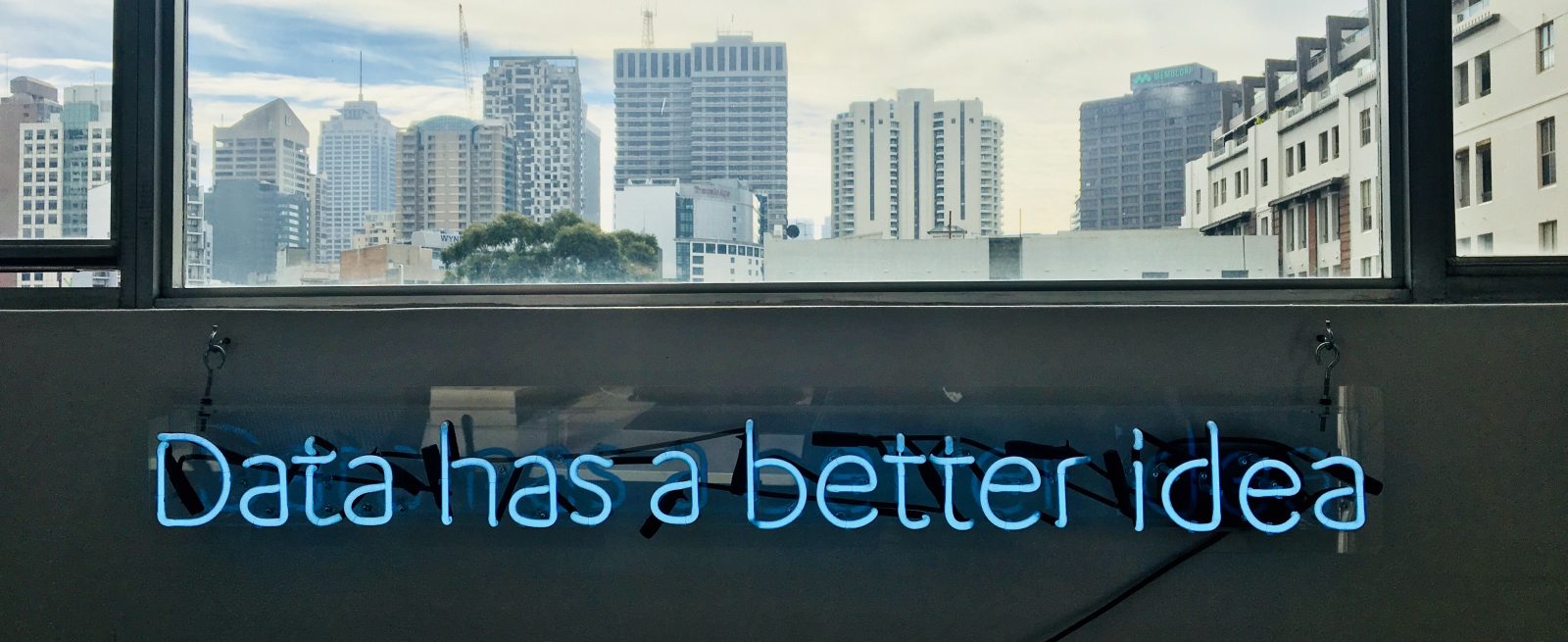The Future of Restaurant Advertising Is Machine Learning
3 Min Read By Adam Chandler
“Artificial intelligence” (AI) is probably one of the biggest consumer buzzwords of the last five years and it’s picked up extraordinary momentum as products like Amazon Echo and self-driving cars have hit the marketplace.
But AI is far from new. The term was first coined in the 1950s and Fortune 500 companies have been harnessing its power, particularly for marketing and advertising, for over a decade. It’s only now, in recent years, that the average consumer has had easier access to it and is now using AI to simplify their daily lives.
What I find the most exciting about the more widespread use of AI, particularly the subset of AI called machine learning, is its impact on restaurant owners. Put simply, machine learning is the scientific study of algorithms and statistical models that computer systems use to effectively perform a specific task without using explicit instructions, relying on patterns and inference instead. It sounds complicated, but with the right technology deploying machine learning, it’s what you would call a godsend for local store marketing.
Restaurant operators and multi-unit franchisors should be able to set in motion their digital advertising strategy and have a smart machine doing the legwork in the background, while they get back to running their business.
Twenty years ago, small business owners simply couldn’t compete with bigger brands because of their lack of access to this type of expensive technology and highly skilled marketing experts needed to “out-market” their competitors. Self-service tools like Facebook ads and Google Ads have made digital advertising more accessible and affordable to small business owners, but they still needed to undergo the tedious, time-consuming process of analyzing the results optimizing their media spend by shifting dollars to the best-performing ads, not to mention all the various creative sizes they need to manage and create. Ideally, this analysis and optimization process should happen daily — if not multiple times a day.
Wherein lies the problem. Human analysis and optimization are inefficient and costly. And with all the issues affecting a restaurant’s bottom line — rising rent, food cost, minimum wage, etc. — local marketing shouldn’t be one of them. That is why automation is so key to digital advertising. Restaurant operators and multi-unit franchisors should be able to set in motion their digital advertising strategy and have a smart machine doing the legwork in the background, while they get back to running their business.
At Eulerity, we believe task automation and machine learning will soon become the industry standard for marketing.
Why?
Because it works. With machine learning, you have greater assurance your message is reaching the consumer that responds and drives measurable results for your business on a daily basis. The very fact that machine learning deploys 24/7 algorithmic-based optimization in the interest of the business owner’s marketing objectives creates a sizable competitive advantage.
With machine learning, you have greater assurance your message is reaching the consumer that responds and drives measurable results for your business on a daily basis.
Here’s an analogy I like to use to drive this point home:
Next time you search for a restaurant to enjoy a meal at, imagine looking at an establishment you’ve never heard of and booking a table on the spot. You don’t review the menu or search for how it stacks up from a price perspective, and you didn’t read any online reviews. You just book it.
Now apply this same example to your local restaurant marketing efforts. Imagine that you want to market your product to prospective new customers in your community. But you only purchase one billboard. Or buy only one search term on Google Ads. Or you execute a paid social media marketing strategy just on Facebook. You would get exactly what you paid for — a singular approach to a business outcome.
Instead, you did all of the above, enabling all these marketing tactics at the same time, on a daily basis. And then you only paid for what channel brought you the highest return. That is essentially what machine learning does in the world of online advertising.
Machine learning and automation are still new to the small business world, including the restaurant industry, and even fewer people fully understand it to leverage its power for their business. But with some education, usage, and further adoption, small businesses can feel more comfortable automating their marketing in favor of business results — aligned with some of the largest brands on earth.


